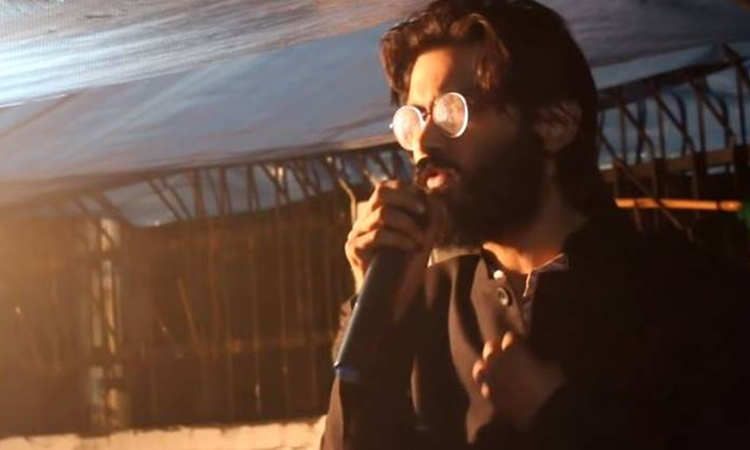Delhi HC Reserves Order On Sharjeel Imam's Plea Against Trial Court Extending Time For Probe Under UAPA
Radhika Roy
25 Jun 2020 7:59 PM IST

Next Story
25 Jun 2020 7:59 PM IST
The Delhi High Court on Thursday reserved judgement in former JNU student Sharjeel Imam's plea seeking bail in a case related to the alleged seditious and inflammatory speeches delivered by him during the protests which took place against the Citizenship (Amendment) Act, 2019, and the National Register of Citizens (NRC). An FIR had been filed against Imam under Sections 153A, 124A and 505...
